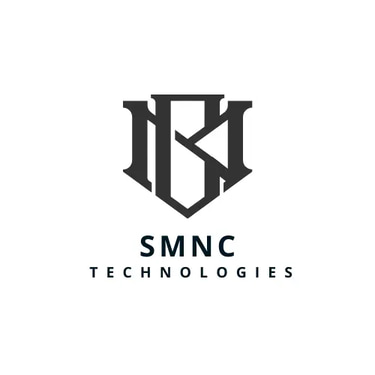Developing Your Employer Brand: Standing Out in the Crowd
HUMAN RESOURCE TIPS
2/5/20243 min read


When it comes to attracting and retaining top talent, having a strong employer brand is crucial. In today's competitive job market, candidates have more options than ever before, and it's essential for companies to stand out from the crowd. Developing a unique and compelling employer brand can help you do just that.
What is an Employer Brand?
Your employer brand is the reputation and image that your company projects to potential and current employees. It encompasses everything from your company culture and values to your employee benefits and work environment. It's the perception that people have about what it's like to work for your organization.
An employer brand is important because it can attract top talent who align with your company's values and goals. It can also help you retain your current employees by creating a positive and engaging work environment.
Why is it Important to Stand Out?
In today's competitive job market, candidates have more options than ever before. With the rise of social media and online job boards, it's easier than ever for job seekers to research potential employers and compare different companies.
Standing out from the crowd can help you attract the best candidates and differentiate yourself from your competitors. A strong employer brand can make a significant impact on your ability to attract and retain top talent.
How to Develop Your Employer Brand
Developing your employer brand is a strategic process that requires careful planning and execution. Here are some steps you can take to develop a strong and compelling employer brand:
1. Define Your Company Culture and Values
Start by defining your company culture and values. What makes your organization unique? What do you stand for? Understanding and articulating your company culture and values is the foundation of your employer brand.
Consider conducting employee surveys or focus groups to gather insights about your company culture. This will help you identify your strengths and areas for improvement.
2. Create an Engaging Employee Value Proposition
Your employee value proposition (EVP) is the unique set of benefits and rewards that you offer to your employees. It's what sets you apart from other employers and makes your organization an attractive place to work.
Think about what makes your company special and why someone would want to work for you. Is it your flexible work arrangements, professional development opportunities, or a supportive work environment? Highlight these aspects in your EVP.
3. Enhance Your Candidate Experience
The candidate experience plays a crucial role in shaping your employer brand. From the moment a candidate applies for a position to their onboarding process, every interaction should be positive and engaging.
Ensure that your application process is user-friendly and streamlined. Communicate with candidates throughout the hiring process, providing timely updates and feedback. A positive candidate experience can leave a lasting impression and contribute to a strong employer brand.
4. Leverage Social Media and Online Platforms
Social media and online platforms are powerful tools for building and promoting your employer brand. Use platforms like LinkedIn, Facebook, and Instagram to showcase your company culture, share employee stories, and highlight your unique benefits and perks.
Encourage your employees to share their experiences on social media and become brand ambassadors. Their authentic stories can resonate with potential candidates and give them a glimpse into what it's like to work for your organization.
5. Foster Employee Engagement and Advocacy
Engaged employees are more likely to be brand advocates. Create opportunities for your employees to get involved in company initiatives, share their ideas, and contribute to the overall success of the organization.
Recognize and reward your employees for their contributions. A culture of appreciation and recognition can go a long way in building a strong employer brand.
Measuring the Success of Your Employer Brand
Measuring the success of your employer brand is essential to understand its impact and make necessary improvements. Here are some metrics you can track:
Employee retention rate
Employee satisfaction surveys
Number of qualified applicants per job opening
Time to fill open positions
Employee referrals
Regularly review these metrics and gather feedback from your employees to gauge the effectiveness of your employer brand initiatives. Use this data to make informed decisions and continuously improve your employer brand.
Conclusion
Developing a strong employer brand is crucial for standing out in today's competitive job market. By defining your company culture, creating an engaging employee value proposition, enhancing the candidate experience, leveraging social media, and fostering employee engagement, you can develop a compelling employer brand that attracts and retains top talent.
Remember, your employer brand is not just about attracting candidates; it's also about creating a positive work environment that keeps your employees engaged and motivated. Invest in your employer brand, and you'll reap the benefits of a talented and committed workforce.
Contact us
info@smnctechnologies.com
Socials
Subscribe to our Newsletter
+91-844-976-8877
Copyright © 2024 SMNC Technologies
